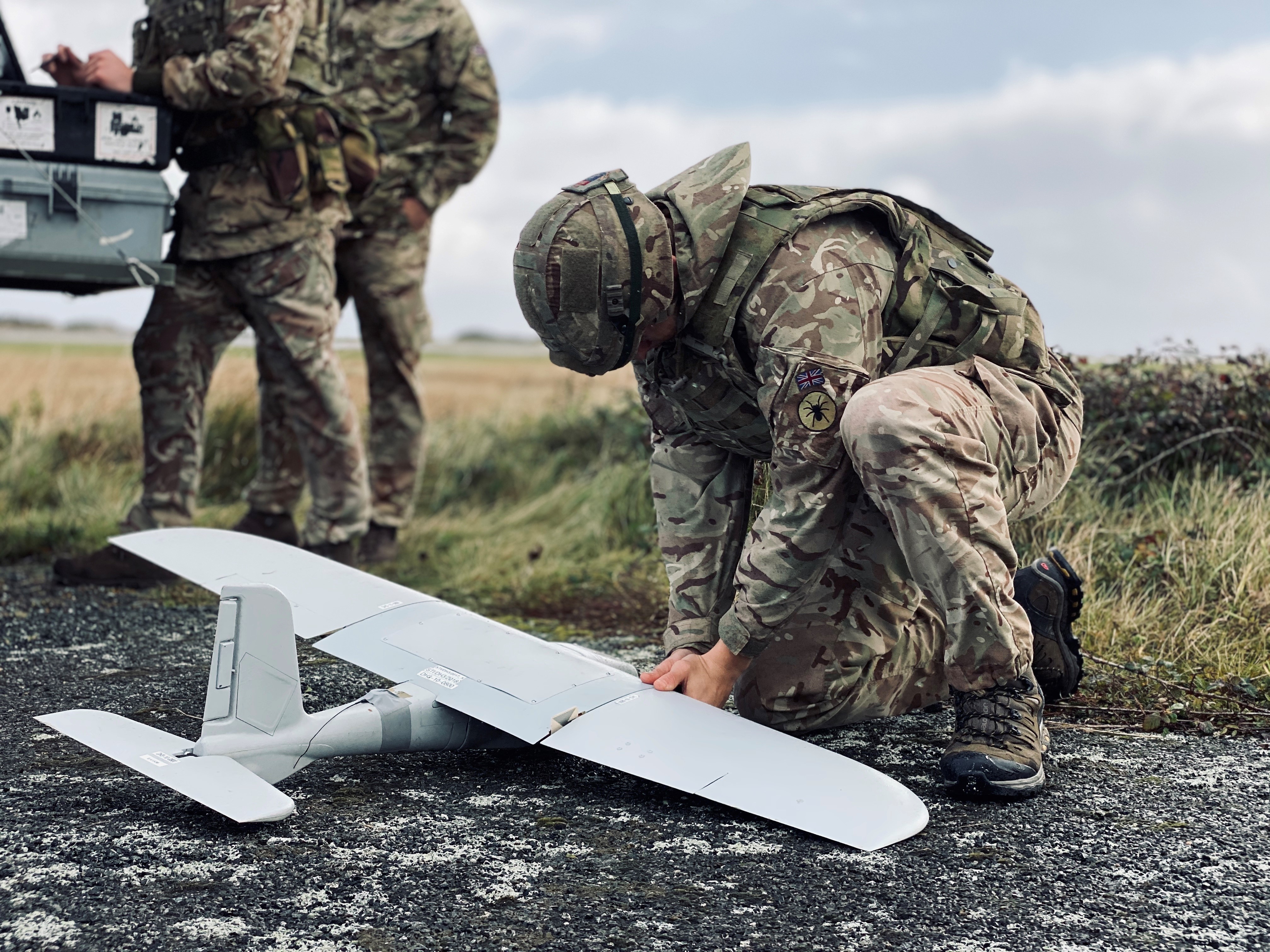Defence Secretary Says Military Will Modernise To Face Changing Threats
The Defence Secretary says the threats facing the UK have changed and the Armed Forces will modernise to meet them.
Speaking at the Royal United Services Institute (RUSI), Ben Wallace outlined the dangers of cyber threats, terrorism, and chemical weapons.
Laying out the thinking that is contributing to the Integrated Review of defence, security and foreign policy, Mr Wallace said a far-ranging programme of reform lies ahead.
Now 18 months in the post, the Defence Secretary gave his own account of the challenges he has faced: "From the day I arrived at the MOD, I recognised the need for change and investment.
"The decades of funding deferrals were about to hit the buffers.
"Bogus efficiency-saving targets, hollowing out, and the lasting impacts of fighting the Iraq and Afghanistan conflicts were all things that continued to drain away precious resources, long after the political leadership that directed them have exited the stage.
"Instead of threat driving us and our mission, it was infrastructure, HR and annual savings measures.

"The latter is, of course, important, but secondary to the mission of defending this great nation from evolving threats and increasingly emboldened adversaries."
Mr Wallace says it is time for a change in defence’s direction of travel.
He warned: "They [adversaries] are fluid, we are static. They use readiness, innovation and presence, while we remain entirely predictable in our process and our posture."
Mr Wallace described how the Prime Minister spoke to him last month to "confirm his determination to deliver a vision for Global Britain" and where defence’s role lay within it.
The Defence Secretary described it as a "real opportunity" for embarking on "a deep and far-ranging programme of reform", as well as dealing with “the legacy of previous flawed reviews” (SDSRs).
The three services have already set out potential future kit, indicating a probable rise in the use of autonomous systems.
Mr Wallace says, when it comes to harnessing future technologies, it could mean taking quality over quantity.
What might not survive reform is not yet clear.
Only when the Integrated Review's findings are published next year, will that be apparent.








